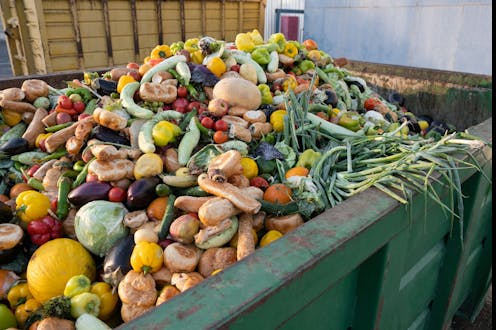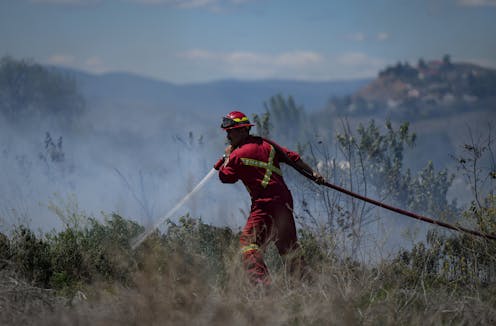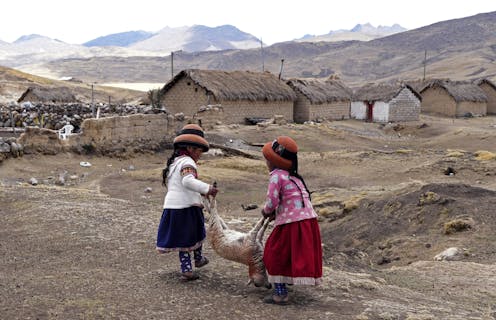
Environment + Energy – Articles, Analysis, Comment
Displaying 1 - 25 of 1206 articles

Food waste is a serious emergency in Canada and around the world. Here are four practical steps we can take this Earth Day to eat more healthily, reduce food waste and save the planet.

Sparking global momentum and energy in young people through climate education can go a long way to addressing climate change now and in the near future.

While governments are often blamed for a perceived ‘unjust transition,’ it is actually the industry itself which poses the biggest threat to the future of oil and gas workers.

In the lead-up to the 2024 federal budget, there was hope for investments in water management and water-related infrastructure. Those hopes were misplaced.

A fossil fuel ideology transcends political lines and inhibits effective action on the green transition. Alberta is a clear example.

Girls bear the brunt of the climate crisis. It’s time we bring them to the centre of international climate policy.

Kelp forests around the world, and in Canada, are under threat. New research sheds further light on the health, and resilience, of these crucial ecosystems.

Mainstream economics has been complicit in the climate change crisis as it falsely treats climate change as a mere side-effect of production or a minor aberration.

With the recent scrapping of Nova Scotia’s Coastal Protection Act, the future of Canada’s iconic Bay of Fundy now rests in the hands of private interests, with potentially significant consequences.

Fining companies that flout environmental regulations is an effective strategy, if the penalties are severe enough.

Why the public resistance to carbon tax policies? New research suggests a few key factors that may play a role in influencing popular support for carbon tax efforts in Canada.

School food can connect people powerfully to their local lands, resources and economies, and be a tool towards reconciliation with Indigenous communities.

Agroecology could be an effective way to address food insecurity and respond to the climate crisis. However, significant hurdles remain.

New research has found that clean tech has much better prospects in the U.S., while oil and gas firms in Canada may outlast their American counterparts.

Never mind the carbon tax. Tax breaks and public spending for fossil fuel companies cost taxpayers billions every year and hurt the environment.

Not all types of ground are the same and understanding how varied ground types react to environmental stresses is key to achieving true sustainability.

Global warming is making the oceans more acidic. Our work aims to design realistic systems to reduce this acidity, and remove carbon from the atmosphere in the process.

A cargo ship leaving the Port of Baltimore collided with a bridge in a technological disaster that may have claimed the lives of up to six maintenance workers on the bridge at the time.

A government program in British Columbia discovered the presence of chronic wasting disease in deer. Now, managing the spread of the disease is a priority.

Global semiconductor manufacturing is already under geopolitical stress, but climate change ups the ante.

The recent rejection of the start of the Anthropocene epoch reminds us of the paramount importance of preserving what remains of our current Holocene.

We must resist the temptation to go for a weak 2035 target and use the public consultation process to think creatively about how the net-zero transition can be both transformational and fair for all.

Artificial intelligence promises revolutionary solutions to global challenges, but the water costs to produce and power AI hardware and infrastructure may exceed the benefits.

Atlantic halibut are making a strong comeback in the Gulf of St. Lawrence. But how do we know where the fish move throughout their lives?

Declining precipitation, climate change and governance failures will drive water flow scarcity in 2024 with serious implications across Western Canada.
